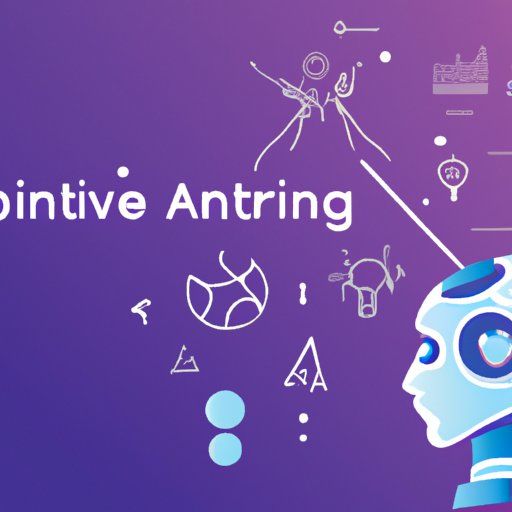
With advancements in artificial intelligence (AI), the gaming industry is undergoing a transformational shift towards personalized gaming experiences. AI-driven game personalization allows game developers to tailor gameplay, challenges, and rewards to individual players, creating a more immersive and engaging gaming environment. This article explores the rise of AI-driven game personalization and its impact on the gaming industry.
Understanding AI-driven Game Personalization
AI-driven game personalization involves the use of machine learning algorithms and data analysis to understand player behavior, preferences, and skill levels. By analyzing vast amounts of player data, AI algorithms can identify patterns and predict player actions, allowing game developers to create personalized experiences.
For example, AI-driven game personalization can adapt the difficulty level of a game based on a player’s skill level. If a player struggles with a specific challenge, the AI can adjust the game’s mechanics or provide hints to assist the player in overcoming the obstacle. Conversely, if a player is highly skilled, the AI can introduce more complex challenges to keep them engaged and provide a greater sense of accomplishment.
The Benefits of AI-driven Game Personalization
1. Enhanced Player Engagement: By tailoring the game experience to individual players, AI-driven game personalization ensures a higher level of engagement. Players feel more connected to the game when they perceive it as personalized and adapted to their preferences.
2. Improved Retention: Personalized games keep players engaged and immersed, reducing the likelihood of player churn. When players feel that a game understands and caters to their needs, they are more likely to continue playing for longer periods, ultimately leading to enhanced player retention.
3. Customized Challenges: AI-driven personalization enables developers to create tailored challenges that suit specific player skills. This ensures players are neither overwhelmed nor bored, fostering a balanced and enjoyable gaming experience.
4. Dynamic Gameplay: AI algorithms continuously learn from player behavior and adapt the game in real-time. This dynamic nature of AI-driven personalization keeps the gameplay fresh and exciting, preventing monotony and ensuring a high level of player satisfaction.
The Role of AI in Game Design
AI has become an integral part of game design, influencing various aspects of the gaming experience:
1. Procedural Content Generation:
AI can generate game content, such as levels, items, and characters, using algorithms. This enables developers to create vast and unique game worlds, providing players with a more diverse and enjoyable experience.
2. Adaptive Soundtracks:
AI algorithms can synthesize adaptive soundtracks that respond to the player’s actions and emotional state during gameplay. This enhances immersion and provides a more personalized audio experience.
3. Intelligent NPCs:
AI-driven non-player characters (NPCs) in games can adapt their behavior and responses based on the player’s actions. This creates a realistic and dynamic interaction, enhancing the overall gaming experience.
Challenges and Ethical Considerations
While AI-driven game personalization offers numerous benefits, there are challenges and ethical considerations to address:
1. Privacy Concerns: The collection and analysis of player data raise concerns about privacy and data protection. Game developers must handle player information responsibly and ensure compliance with data protection regulations.
2. Algorithmic Bias: AI algorithms may inadvertently reinforce stereotypes or biases, leading to unfair gameplay experiences. Developers must ensure their algorithms are trained on diverse datasets and regularly audited to mitigate bias-related issues.
3. Balancing Personalization and Creativity: Developers must strike a balance between personalized experiences and preserving the creative aspect of game design. Over-personalization may limit players’ exposure to new challenges and concepts, reducing the potential for creativity and discovery.
The Future of AI-driven Game Personalization
As AI continues to advance, the future of game personalization looks promising. Developers will harness the power of AI to create even more immersive and individualized gaming experiences. Advanced AI algorithms will continuously learn from player actions and adapt games in ways that were once unimaginable.
The rise of AI-driven game personalization marks a significant milestone in the gaming industry’s evolution. With the potential to revolutionize player engagement, retention, and overall gaming experiences, AI is undoubtedly shaping the future of gaming.


